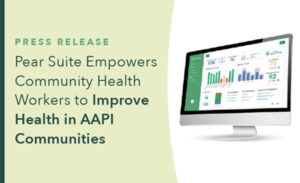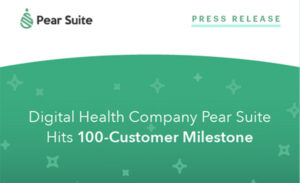When it comes to resolving health disparities within the Hispanic community, look no further than promotores/as. Promotores is the term used to describe Spanish-speaking community health workers, or the volunteers or professionals who serve within community-based organizations (CBOs), health organizations, community groups, or churches, and who specifically serve the Hispanic/Latino community.
Yet, despite their role as community champions and their demonstrated impact on community health and well-being, they have traditionally been unpaid and sometimes unrecognized for their significant contributions. Let’s explore the significance of this role and how promotores uplift Hispanic and Latino communities.
Who are promotores and what do they do?
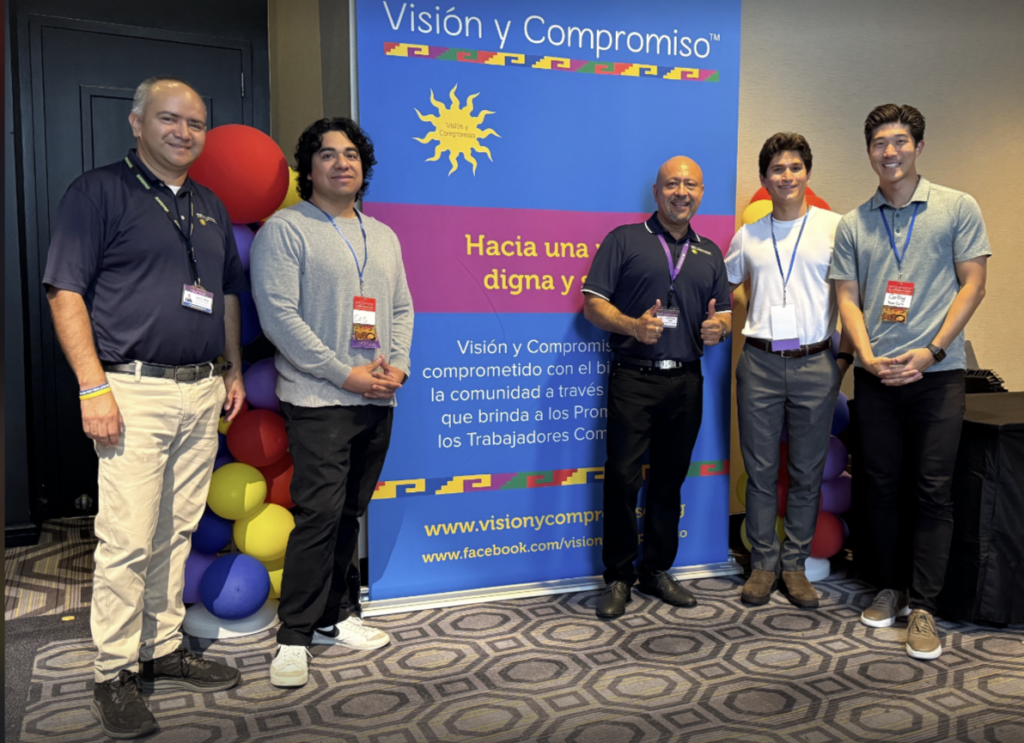
Since Hispanic/Latino community members tend to experience disproportionate rates of certain health conditions, including diabetes, obesity, and uncontrolled blood pressure, promotores are indispensable allies.
Their responsibilities include:
- Providing health education tailored to cultural norms.
- Assisting with access to care, including helping clients enroll in Medicaid and access preventive services.
- Supporting chronic disease management through personalized guidance.
- Acting as interpreters and advocates during appointments.
- Addressing SDOH, such as housing, food insecurity, and employment barriers.
It is not uncommon for promotores to be the first point of contact for families navigating complex healthcare systems and social services programs.
The disproportionate impact of social determinants of health on the Hispanic community
The Hispanic/Latino population is the second-largest racial or ethnic group behind non-Hispanic whites, accounting for 19.1% of the nation’s population. However, the Hispanic community has higher uninsured rates and prevalence of social determinants of health needs than other groups.
According to 2022 ACS estimates, 16.8% of Hispanics/Latinos (of any race) had no health insurance coverage compared to 5.3% of non-Hispanic whites and 37.9% of Hispanics/Latinos had public health insurance, compared to 36.1% of non-Hispanic whites.
Without insurance, it’s not uncommon for people (of any demographic) to defer care or seek emergent care during a crisis, which is costly for both the patient and healthcare providers as conditions may worsen or be more expensive to treat.
This is exacerbated by the fact that people from Hispanic/Latino communities also have higher rates of unmet social needs.
Data reported by the U.S. Department of Agriculture’s Economic Research Service suggests that 22% of Hispanic households experienced food insecurity—this is compared to the 14% average of all households. What’s more, much of the government’s support intended to help those in need is not being utilized.
For example, National Pandemic Pulse Project survey results indicate that four in 10 eligible food-insecure individuals did not receive any social services benefits, such as supplemental nutritional assistance programs (SNAP). And only half of the respondents to the survey with very low food security received free meals or groceries.
This is where promotores are critical for reducing disparities.
With their deep community ties, they can identify and respond to unmet needs and health challenges by identifying clients who qualify for insurance and assistance programs, helping them enroll in Medicaid, for instance.
A promotor/a might also connect a family with local food banks, provide diabetes education in Spanish, or provide case management to ensure that a client can follow their care plan after a clinic or hospital visit.
In the Hispanic/Latino community, seeking out resources can feel uncomfortable, even stigmatized, especially when there is fear that accessing resources of any kind may harm a client’s immigration or residency status long term. Promotores are trusted as people who immigrants can go to understand which resources they qualify for and what’s available to them and provide assurance that support won’t put them in jeopardy.
By providing culturally sensitive care, they help mitigate SDOHs.
How promotores improve health outcomes and advance health equity
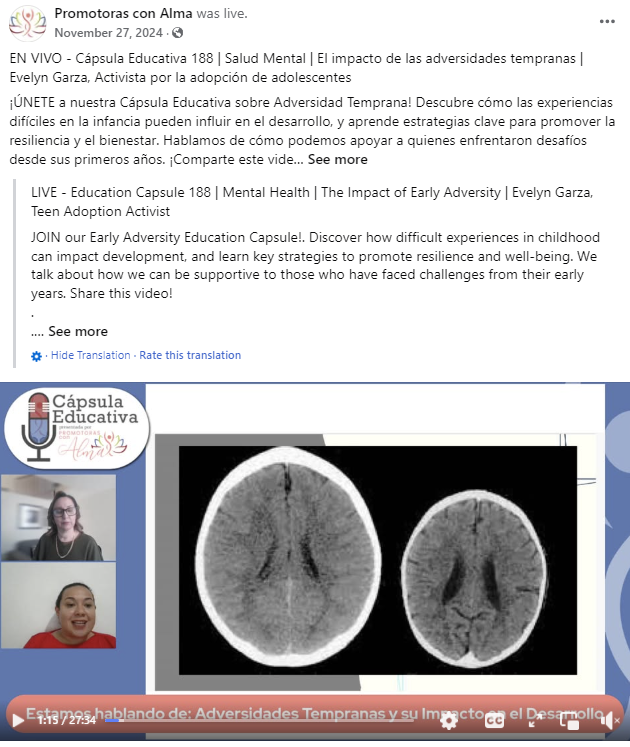
With the disproportionate experience and impact of social and health needs in this large population and an increasing number of studies showing the effectiveness of community health workers, it’s no wonder promotores play a strong role in improving health outcomes and advancing health equity in Hispanic and Latino communities.
Promotores are especially skilled at reducing the prevalence of chronic diseases, such as diabetes and hypertension, increasing preventative care, and reducing healthcare costs.
Here’s what it looks like
In Texas, a diabetes management program in the Rio Grande Valley, Salud y Vida, enrolled diabetic clients in a diabetes self-management course led by community health workers. During that time, clients also received active case management services for a year. In three months, participants experienced a statistically significant decrease in hemoglobin A1c levels. After 12 months, about half of the participants had reached and maintained moderate-to-good glycemic control.
In California, Promotoras Con Alma hosts regular online educational events, with topics ranging from mental health to preventing illness in infants to increase awareness and utilization of preventative care.
In Maryland, a pilot program by Baltimore Maryland EMS Transport decreased emergency medical service use by 32% and saved $14,461 in healthcare costs in three months as a result of CHW intervention.
Caring for those who care for their communities
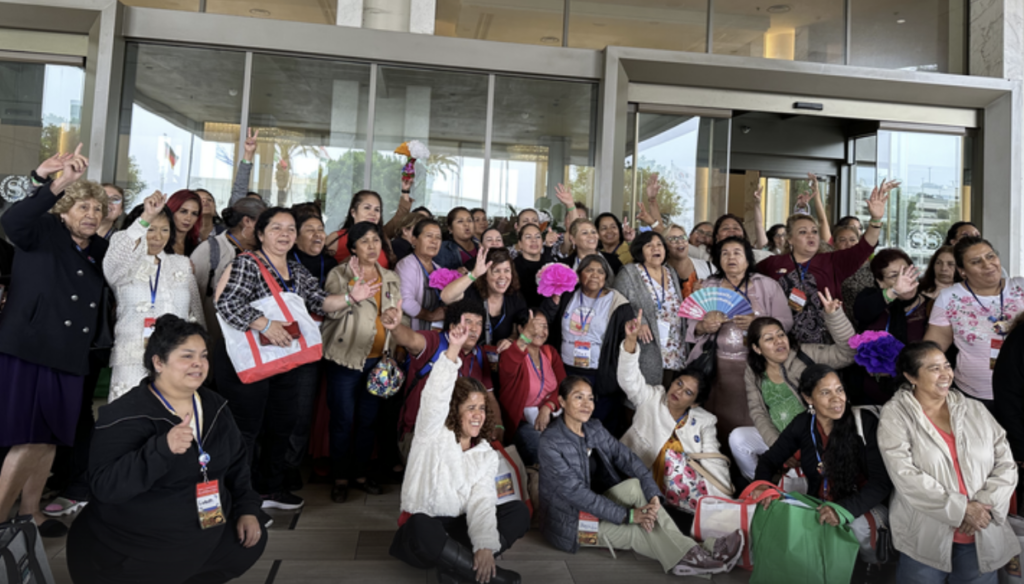
With their outsized role in ensuring the well-being of a growing population disproportionately experiencing a lack of quality care, high rates of social determinants of health needs, and lack of insurance coverage, promotores are more than care providers; they are champions of trust, equity, and community resilience.
Fortunately, we are making strides to increase recognition of and compensation for community-based providers, like promotores and community health workers, by implementing Medicaid CHW reimbursement programs and integrating them into care delivery models.

